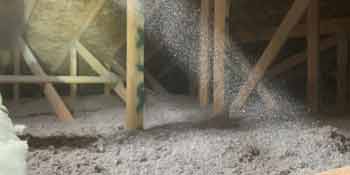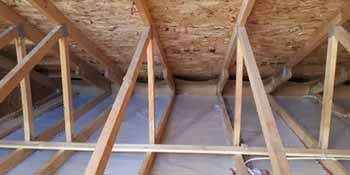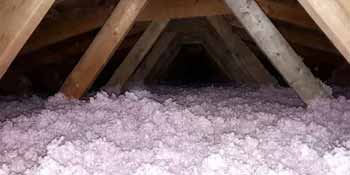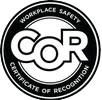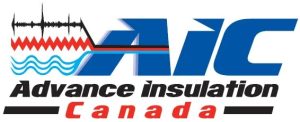Professional and Safe Insulation Removal Services
Affordable Insulation Removal Experts with 5 Star Reviews
- Residential, Commercial, Industrial, Agricultural
- Local Experienced Experts
- Licensed and Insured
- FREE Competitive Quotes
Request FREE Insulation Removal Quote
Discover Rebate Opportunities!
Benefits of Professional Insulation Removal
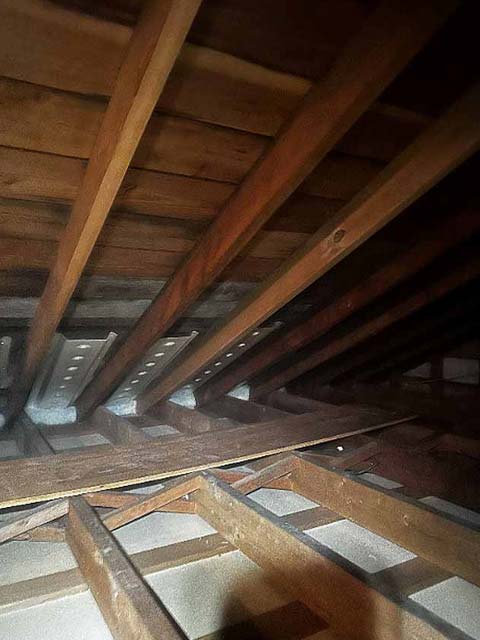
Improved Indoor Air Quality
Enhanced energy efficiency
Prevent mold and moisture
Health and Safety Compliant
Removal of contaminants
Reduction of fire hazards
Check Our Insulation Removal FAQ!
The Importance of Professional Insulation Removal
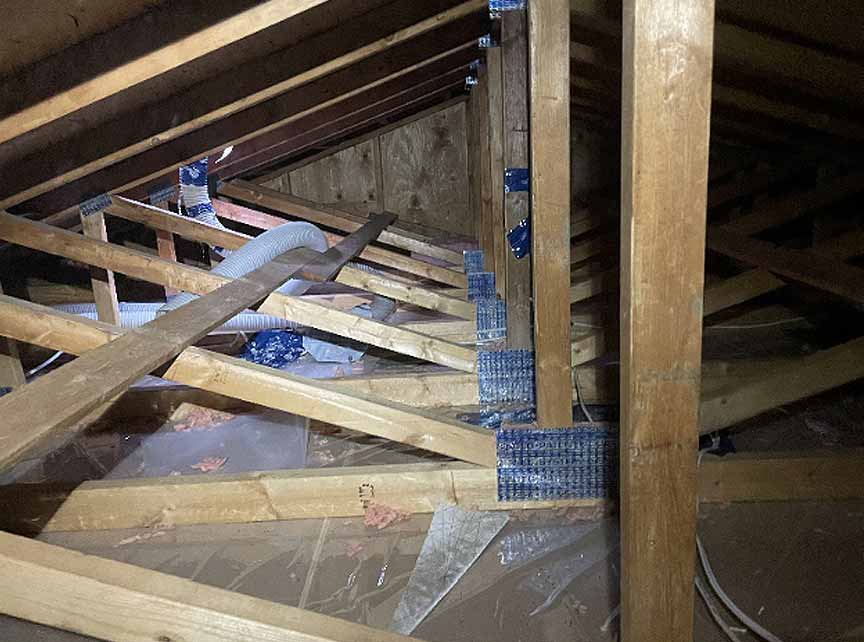
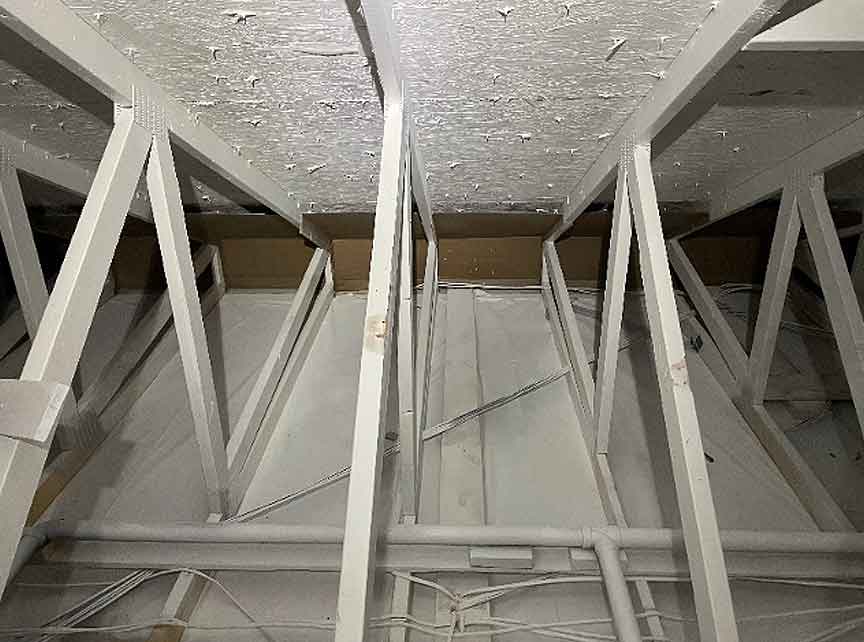
Insulation is a such a critical component of a home or business, offering benefits such as energy efficiency, temperature control, and moisture prevention. But over time, old insulation can become less effective. It actually may even pose health hazards.
We provide insulation removal in these situations, ensuring a safe and efficient living or working space. Whether you have attic insulation, cavity wall insulation, or loft insulation, knowing when and why to consider insulation removal is essential. Have a look as we explore the reasons behind insulation removal and its significance in maintaining a healthy and energy-efficient environment.
Call us today or get a FREE quote!
What Our Customers Say About Us!
Insulation Removal: From Start to Finish
The insulation removal process depends on the type of insulation material and where it’s located. For example, attic insulation removal may require different steps than cavity wall insulation removal.
The process starts with our professionals helping assessing how to safely and effectively remove it without impacting the area around it. Our professionals are equipped with the right tools and protective gear who then carefully remove old insulation, whether it’s batt insulation, loose-fill insulation, or even spray foam insulation.
Proper removal addresses concerns like moisture damage, pest infestations, and mold. We want to stress that it’s critical to follow the best removal practices to prevent the release of debris, dust.
This is why DIY situations should be avoided. Understanding the details of the insulation removal process is vital for homeowners and businesses looking to upgrade their insulation or address potential health risks.
Call us today or get a FREE quote!
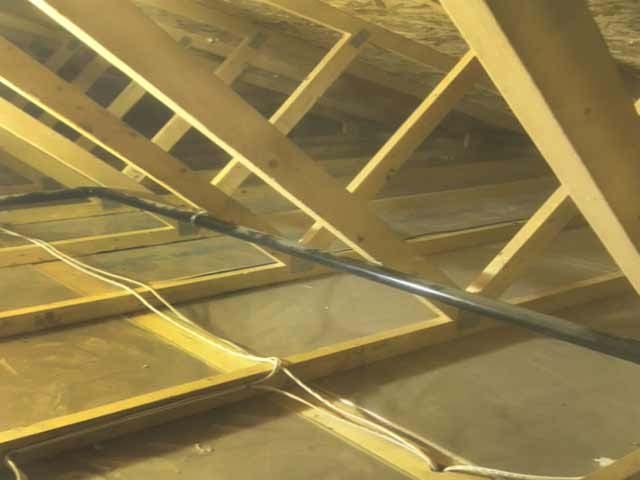
We invite you to call us or get a FREE quote by filling out our form. Our mission is to provide you with the high-quality service you expect for your home or company.
Exploring Insulation Removal Costs
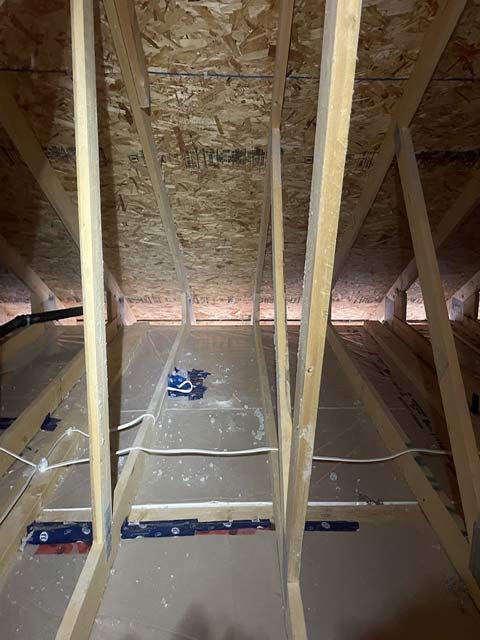

Experienced Professionals for Insulation Removal

Our Other Professional Insulation Services
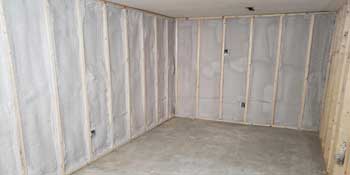
High-efficiency insulation with an airtight seal for optimal temperature control.
